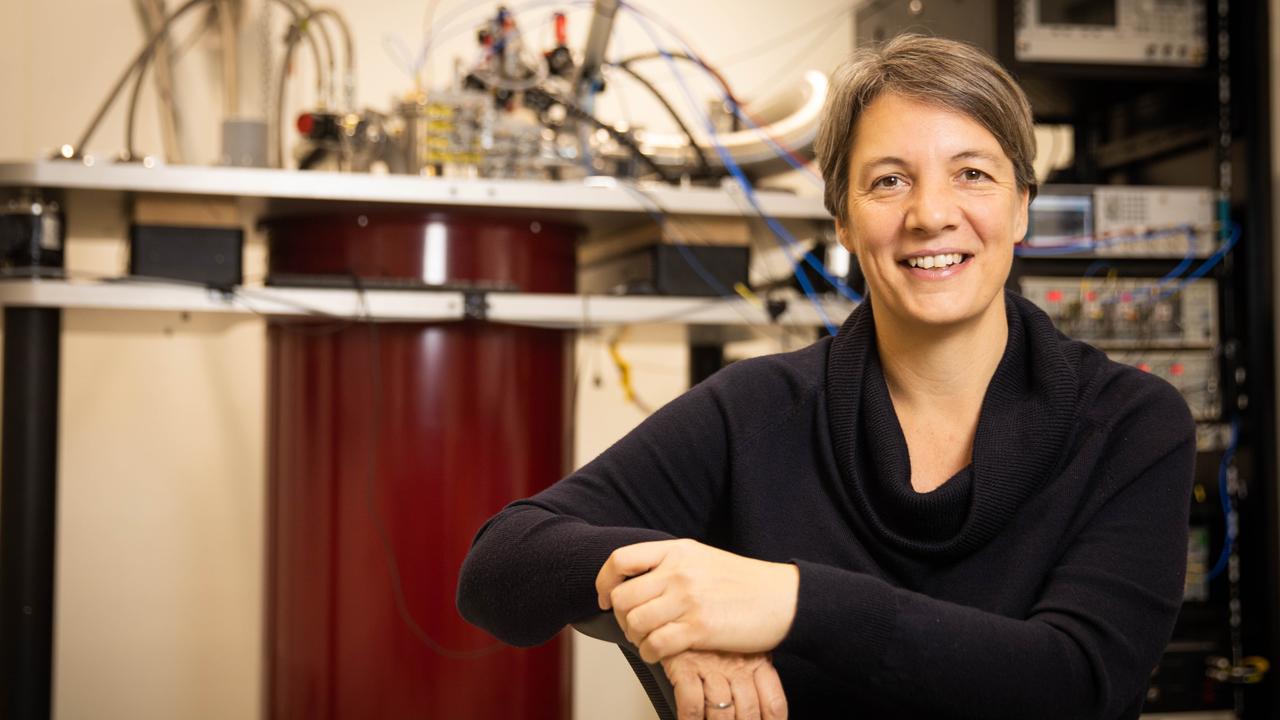Research reveals Australia was much wetter at European settlement
Researchers have put a new spin on climate change history with the discovery that Australia was much wetter before 1850.

In today’s Higher Ed Daily Brief: climate revision, Inflazome investment
New view of climate history
University of Adelaide researchers have put a new spin on climate change history with the discovery that Australia naturally had a much wetter climate up to about 1850, when a new dryer period began. The research, just published in Quaternary Science Reviews, shows that Australia has more rain in the 1500-1850 period when whole earth was cooler — a time known as the Little Ice Age.
“This extended period of wetness is likely to have had a fundamental impact on the way indigenous people occupied and used the landscape, the nature of ecosystems encountered by early European settlers, and in particular, the nature and magnitude of the impact of European occupation,” says lead researcher John Tibby, from the university’s Department of Geography, Environment and Population.
“The research confirms what has been noted from early colonial paintings — that lakes in western Victoria have been drying since around the time of settlement. We now know that this drying occurred over much of southeastern Australia.
“With the eastern Australian climates becoming more arid at the time of colonisation, it raises the possibility that some environmental changes previously attributed to European impact were related to natural climate shift.”
Associate Professor Tibby said the drying out of the country also could explain why some early inland European settlements failed.
“Settlements like Farina in South Australia’s Flinders Ranges are believed to have failed due to settlers not having a full comprehension of climate variability. While that may be true, the drying of the climate might provide a better explanation,” he says.
$63m for UQ start-up
University of Queensland biotech company Inflazome has landed an investment of $63 million to conduct a new round of clinical trials for a new drug. The company, launched in 2016, uses research from the University of Queensland and Trinity College Dublin that discovered a molecule that inhibits an inflammatory response associated with Alzheimer’s, Parkinson’s, inflammatory bowel disease, gout, osteoarthritis, liver, kidney and cardiovascular diseases.
UQ vice-chancellor Peter Hoj said the $63m investment — a series B round — was the highest follow-on capital raised by any of the university’s start-up companies. He said it brought the total capital raised by UQ’s start-up portfolio to more than $700m.
The company’s intellectual property was licensed by UQ’s commercialisation company UniQuest. Matt Cooper, from UQ’s Institute for Molecular Bioscience, is chief executive.


